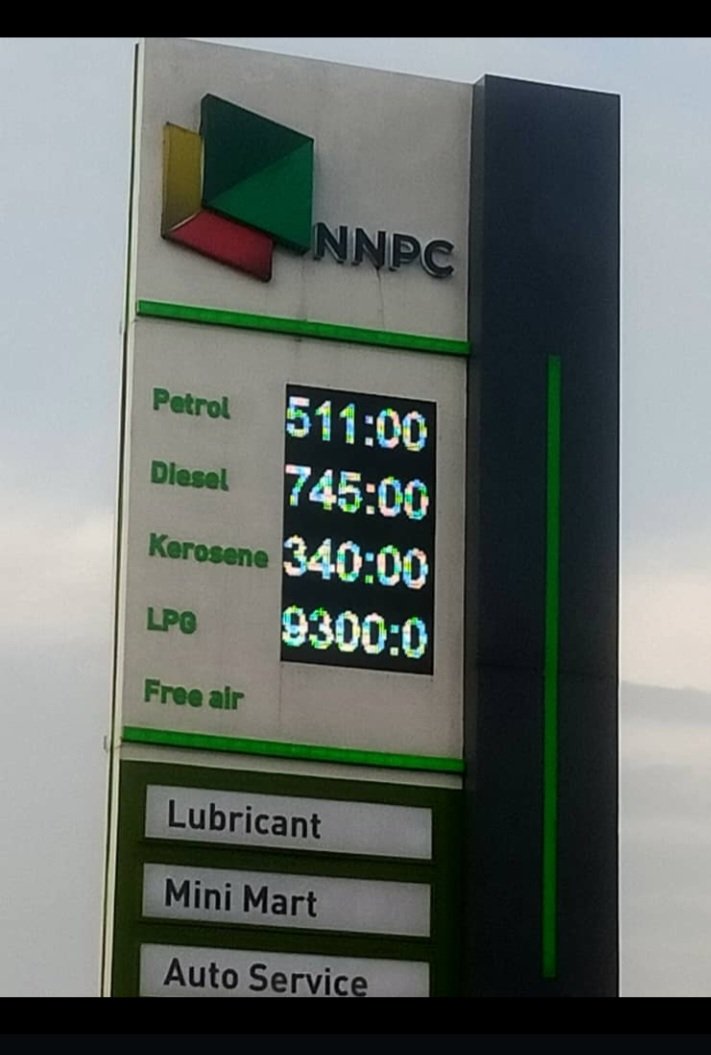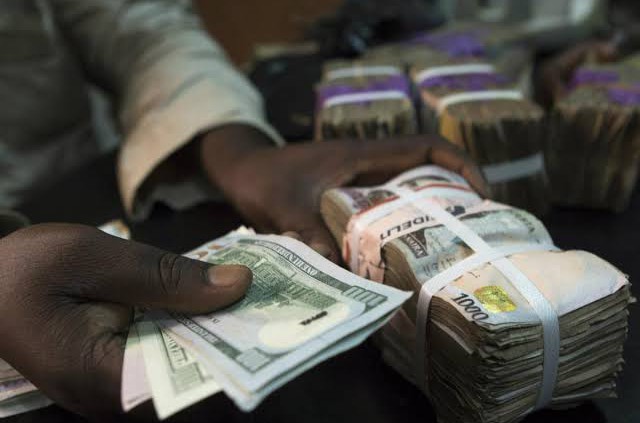Op-Ed.
Subsidy removal: So sudden, not thorough, but…

The effective removal of fuel subsidy by President Tinubu on Inauguration Day caught most Nigerians on the wrong foot and threw the country into panic mode.
Though there’s a seeming consensus that ‘subsidy’ in the petroleum sector, after it has been properly defined and computed, has become dysfunctional to the economy and anti-corruption fight, the opaqueness and emotionalism with which it has been surrounded, has made a logical discussion of the subject quite difficult.
Despite these however, the literal choke-hold that the situation exerts on the nation has been increasingly debilitating. And underscoring this, all the three main presidential candidates in the last election had promised overall to take steps towards removing it.
Indeed, things had become much more complicated in the first place because the immediate past Muhammadu Buhari regime that in its opposition heydays had robustly disputed its existence, had, upon coming to power in 2015, most opportunistically chosen to play political games and prevaricated over the issue by postponing its ‘removal’ several times, finally shifting D-day from January 2023 to June 2023.
Accordingly, it made only six months provision of N3 trillion in the budget, which has also not been paid at this point in time.
Without any equivocation, the fuel subsidy regime has become a huge scam and corruption prone arrangement that distorts national planning, economic development, and enriches only a few privileged people and organisations.
On the one hand, the volume of domestic consumption has still not been determined as the renamed hegemon, NNPCL, continues to give what many consider as inflated domestic consumption figures, which reflects the fraud inherent in the arrangement itself.
There is also the reality of suspected large scale product diversion to neighbouring countries. Since the removal for example, sources say consumption levels have reportedly dropped by almost half from over 66mlpd to just over 30mlpd.
However, as necessary as the removal is, the reality is that that event alone will not solve the myriad of challenges confronting the petroleum sector, and even beyond that, go on to address the broader economic problems facing the country.
There is a need for cost cutting, more transparency in public accounts management, ending oil theft, sale of the public sector refineries and complete and unhindered unbundling of NNPCL according to the provisions of the Petroleum Industry Act, PIA.
In the view of this newspaper, very determined efforts should be taken to resolve local refining challenges, the debilitating foreign exchange management crisis and the continued overdependence on imports so as to stabilize the value of the naira and promote internal economic resurgence.
Also, while the short-term focus on averting a national strike by organized labour is commendable, the government should move ahead to complete the process of negotiations with the unions and then commit wholly to practically implementing all agreements reached in the process.
Along this line, it is important to note that the proposal for a wage hike, though broadly desirable, could however be a double-edged sword that should be carefully managed to avoid any possible negative impact on inflation and the value of the naira.
But then the point has to be affirmed too that the nation must continue to drive on to that point, where the take home pay of workers, really does take them home.
Presently however, we call for additional considerations to be paid to the deployment of non-cash-based incentives, such as mass transit buses, temporary reduction in working days, PAYE, reduced taxes, and improved funding for social services, such as education and health.
Beyond these is the issue of fundamentally reforming the petroleum sector to provide value for the people of the country. Despite Nigeria’s huge God-endowed comparative advantages on the energy front, the past four decades have indeed been most perplexing, and very agonizing for the people of Nigeria on the petroleum and energy front.
While other oil producing nations are posting huge returns on their oil assets, Nigeria continues to limp into greater and greater debt and insufficiency holes. ‘Water, water, everywhere, not a drop to drink.’ This cannot continue and must indeed turn now.
For President Bola Ahmed Tinubu in particular, the charge of this newspaper is that, despite this stormy start, he can yet turn things around. The fuel subsidy challenge is in that sense an opportunity to be grabbed with both hands. At the end of the day, what would be worthwhile for the people of Nigeria is that the challenge has been resolved. He cannot afford to fail.









